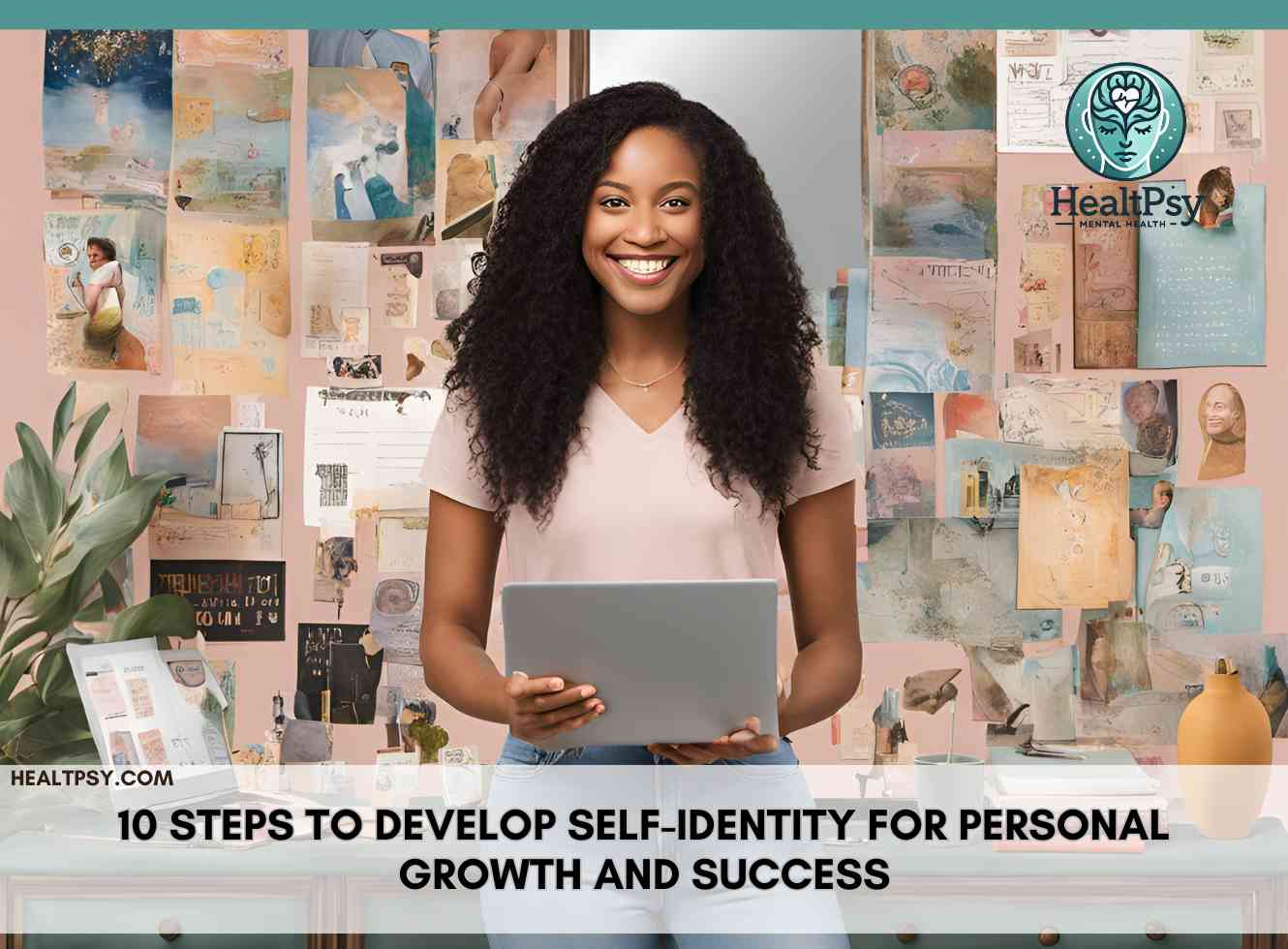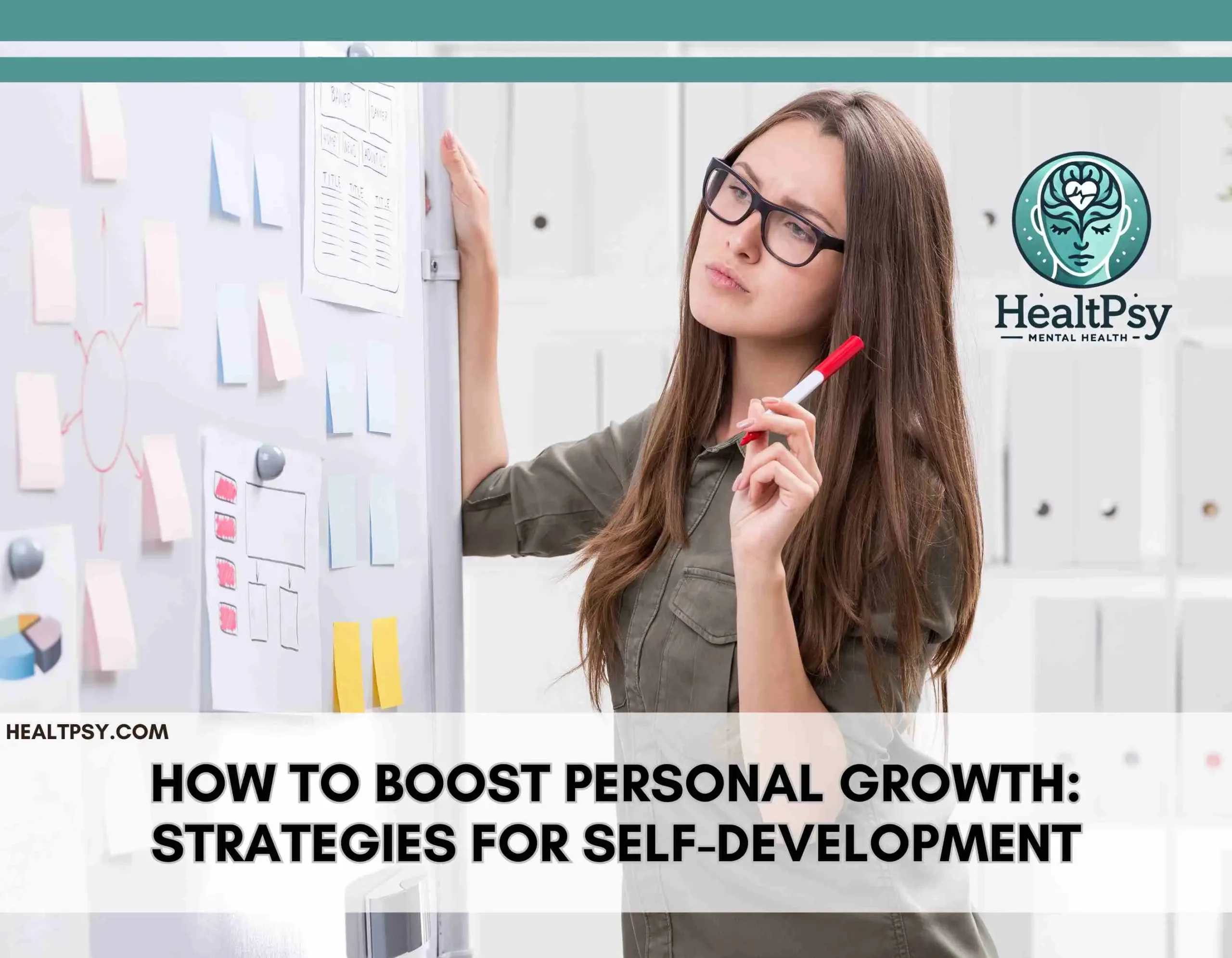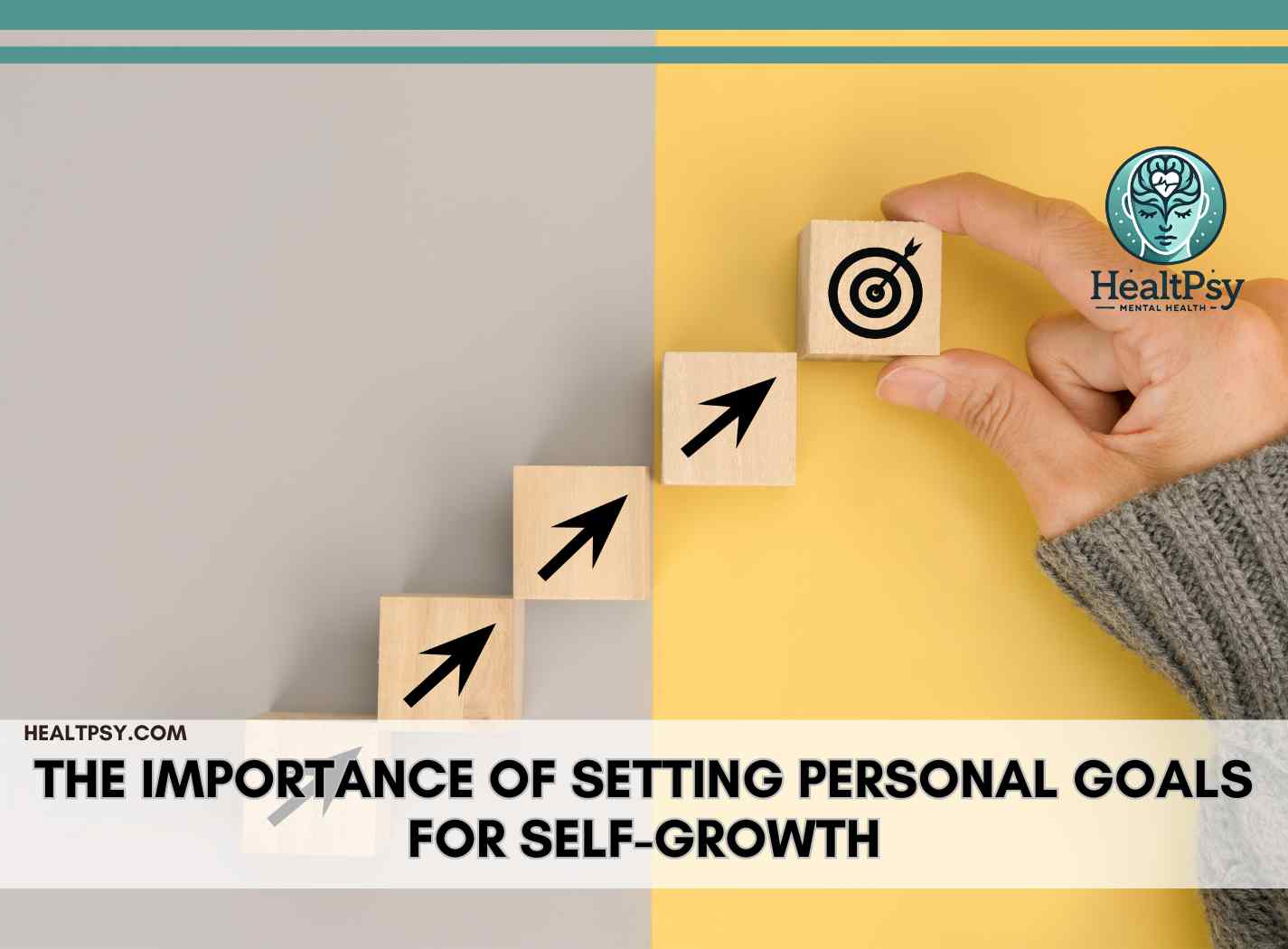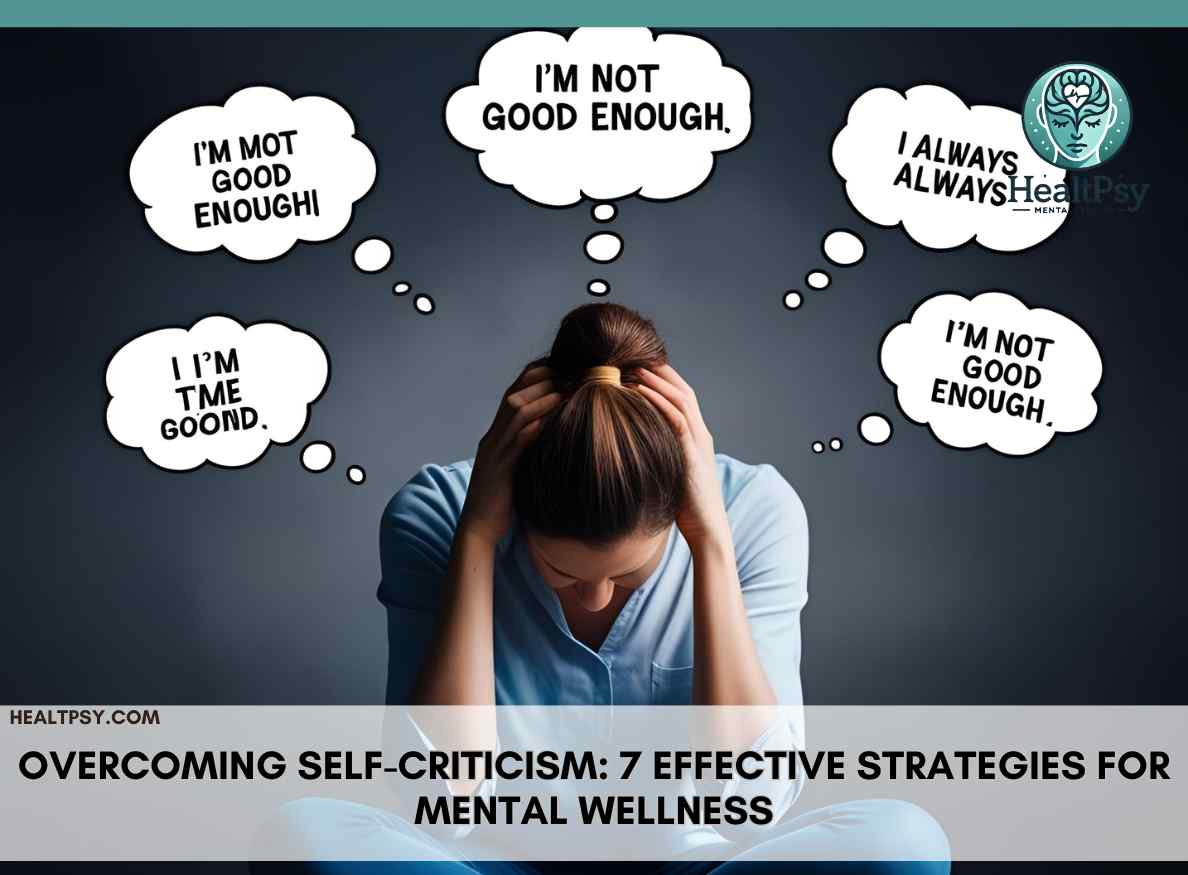10 Steps to Develop Self-Identity for Personal Growth and Success
Self-identity and personal growth are deeply intertwined. Understanding who we are shapes our decisions, behaviors, and ultimately, our life paths. This guide explores the profound influence of self-identity on personal growth and offers ten actionable steps to develop a stronger sense of self and achieve continuous self-improvement.
What is Self-Identity and Why Does It Matter?
Self-identity refers to the way individuals perceive themselves, encompassing personal beliefs, values, and experiences. According to the American Psychological Association (APA), a well-defined self-identity contributes to psychological well-being, confidence, and resilience.
📌 For more on self-development, visit Personal Growth and Self-Development.
🔗 External Source: APA – Understanding Self-Identity
The Connection Between Self-Identity and Personal Growth
A clear self-identity fosters personal growth by providing direction and motivation. Studies from Harvard University reveal that individuals with a strong sense of self are more likely to set ambitious goals, overcome challenges, and maintain mental well-being.
📌 Explore related content in Building Psychological Resilience to Face Crises.
🔗 External Source: Harvard Health – Self-Identity and Growth
10 Steps to Develop Self-Identity for Personal Growth
1. Reflect on Your Core Values
Identifying core values provides a foundation for decision-making and personal growth. Regular reflection ensures that actions align with personal beliefs.
📌 Learn about aligning actions with values in The Importance of Self-Care in Preventing Psychological Issues.
🔗 External Source: Psychology Today – Core Values
2. Embrace a Growth Mindset
Adopting a growth mindset encourages learning from failures and viewing challenges as opportunities for development.
3. Set Personal Goals
Clear, achievable goals drive motivation and provide a sense of accomplishment, reinforcing self-identity.
4. Build Emotional Awareness
Understanding emotions enhances self-identity by fostering introspection and emotional intelligence.
5. Seek Continuous Learning
Engaging in lifelong learning broadens perspectives and promotes personal growth.
6. Surround Yourself with Positive Influences
Supportive relationships reinforce a positive self-identity and encourage self-improvement.
7. Practice Self-Reflection
Journaling and meditation help clarify self-identity and track personal growth.
8. Take Responsibility for Actions
Accountability strengthens self-identity by promoting integrity and self-discipline.
9. Embrace Change
Adaptability is essential for personal growth and maintaining a dynamic self-identity.
10. Celebrate Achievements
Recognizing milestones enhances self-esteem and motivates further growth.
Benefits of a Strong Self-Identity for Personal Growth
A well-defined self-identity enhances confidence, resilience, and emotional stability. It provides a clear sense of purpose and direction, essential for achieving personal and professional goals. Individuals with a strong self-identity possess a deep understanding of their values, strengths, and aspirations, which helps them make informed decisions and stay motivated even in challenging situations. This clarity reduces internal conflicts, leading to greater emotional stability and a sense of inner peace.
Moreover, a solid self-identity fosters resilience by enabling individuals to bounce back from setbacks with a positive outlook. They are more likely to view failures as learning opportunities rather than insurmountable obstacles. This resilience is crucial for personal growth, as it encourages continuous self-improvement and the pursuit of new challenges.
Additionally, having a clear self-identity enhances interpersonal relationships. When individuals know who they are and what they stand for, they communicate more effectively and build stronger connections with others. This sense of authenticity attracts like-minded individuals, creating supportive social networks that further promote personal development. Ultimately, a strong self-identity acts as a guiding force, helping individuals navigate life’s complexities with confidence and achieve long-term success in both their personal and professional lives.
📌 For more on emotional well-being, visit Mental Health and Digital Well-Being.
🔗 External Source: World Health Organization – Mental Health
Conclusion
Self-identity and personal growth are lifelong journeys that shape who we are and who we aspire to become. By developing a strong self-identity through these ten steps, individuals can achieve continuous self-improvement and lead fulfilling lives.
📌 For additional support, explore Psychological Support and Therapy.
you might also like





